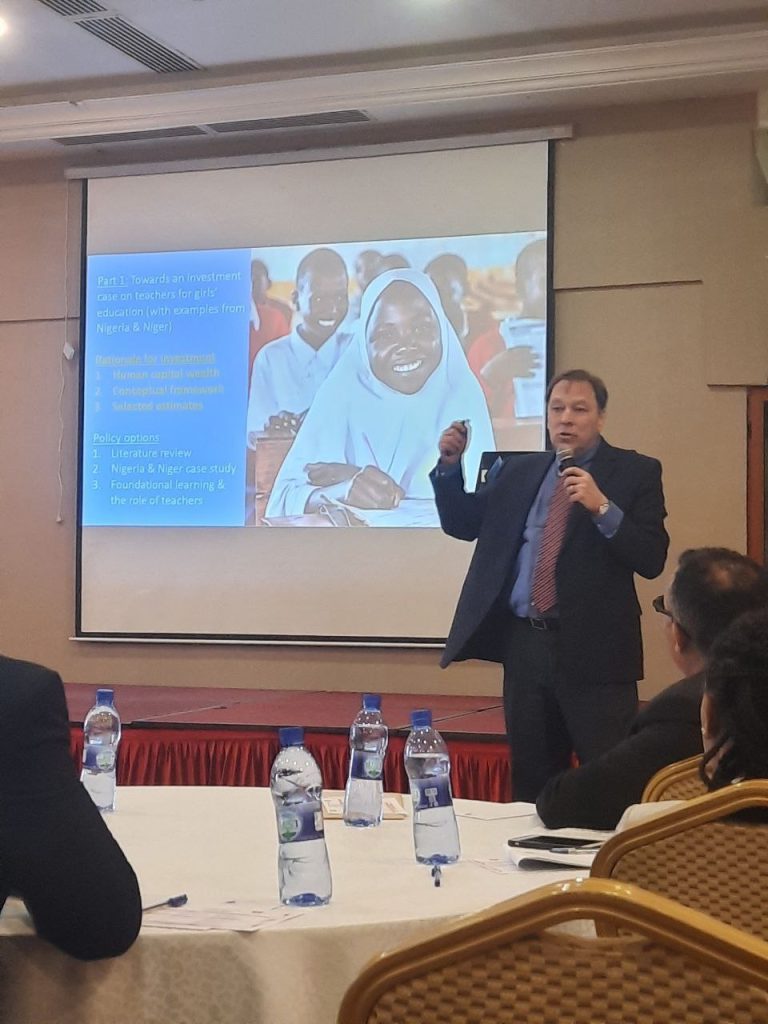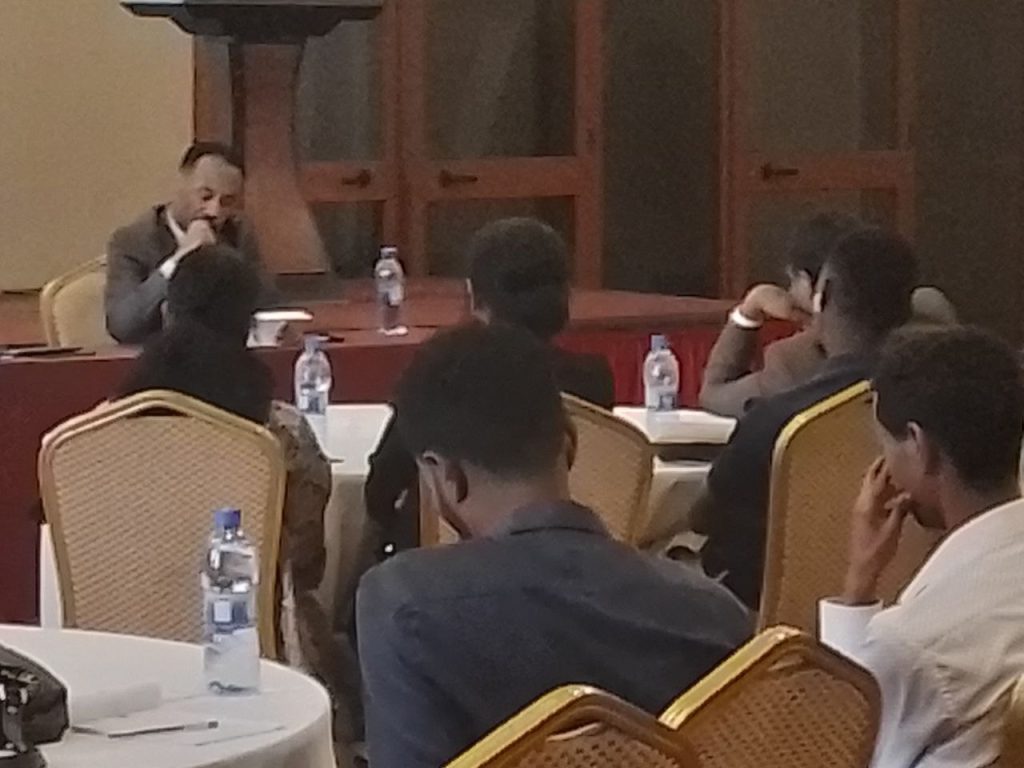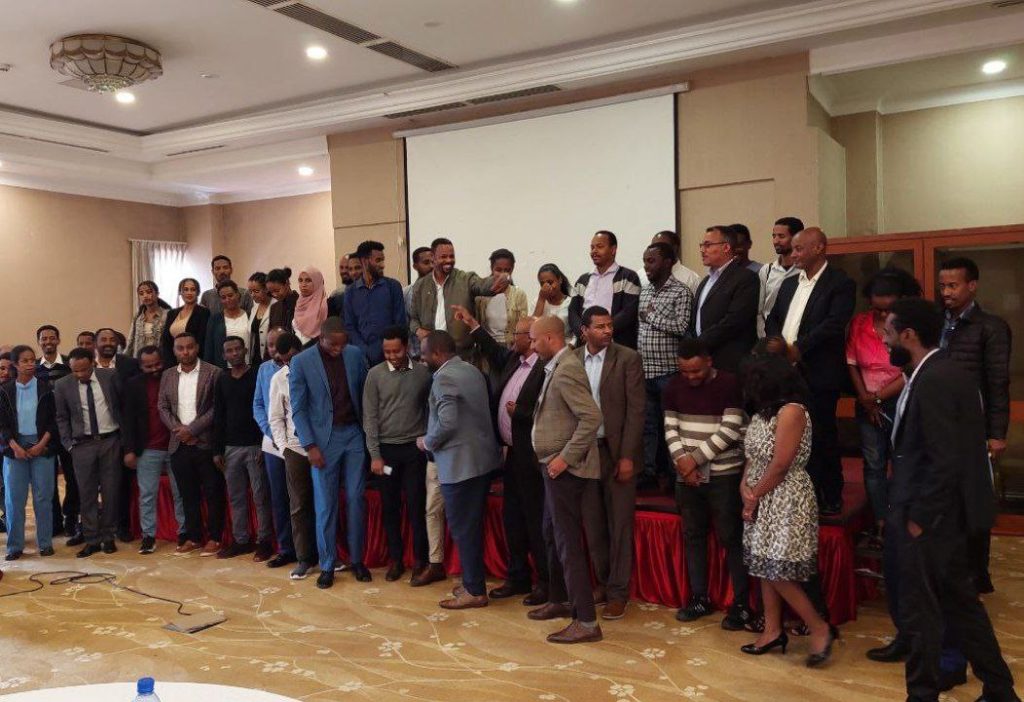Address
Olympia Campus in front of Dembel City Center
Work Hours
Monday to Saturday: 2:30AM - 5:00PM
Address
Olympia Campus in front of Dembel City Center
Work Hours
Monday to Saturday: 2:30AM - 5:00PM

Higher education institutions have the responsibility to produce graduates that can meet the needs and expectations of the various industries and communities. To discharge this responsibility, institutions must create a strong academic culture that fosters employee development. Seminars play an imperative role in this regard as they are innovative and a step toward modern education. The prime objective of seminars is to assemble intellectuals and professionals to trade ideas, thoughts, and views related to a specific topic. In light of this, our college organized and conducted this seminar.
In the seminar important ideas were raised, critical issues were discussed, and useful experiences were shared. Accordingly, in the first presentation, it is noted that:
• ensuring inclusive and equitable quality education and promoting lifelong learning opportunities are important,
• education is essential for benefitting from higher expected earnings in adulthood, which itself is key to reducing poverty,
• education, especially for girls, is also essential for enabling women to manage the number of children they would like to have, which has implications for the demographic transition and the ability of countries to reap the benefit of the demographic dividend,
• a mother’s education also affects her children’s health, as well as her decision-making power in the household and a wide range of health outcomes, including lower risks of intimate partner violence,
• education is also a key driver of human capital wealth, which accounts for two-thirds of the changing wealth of nations, and
• educational outcomes are very poor in sub-Saharan Africa.
In general, in this seminar, the role of education as a cornerstone of human rights and sustainable development in Africa has been underscored.











In the second presentation, it is noted that:
• some dimensions should be looked at in the study of small and medium taxpayers concerning their perception of tax evasion, namely: demographic factors, economic factors, personal factors, situational factors, and attitudes of taxpayers,
• demographic factors (such as age, gender, and education) have little or no association with taxpayers’ perception of tax evasion,
• economic factors (such as penalty and sanction, probability of audit detection, and tax rate) and personal factors (such as ethics, social norm, and moral values) have a weak effect on taxpayers’ perception of tax evasion,
• situational factors (such as tax system fairness and peer influence) have a strong effect on taxpayers’ perception of tax evasion, and
• finally, the attitudes of taxpayers (such as awareness, tax regulation complexity, and trust in government) mediate the relationship between economic factors, personal factors, and situational factors with tax evasion.
It is thus important to note that the concerned government authorities should work on the factors that can enhance desirable tax-paying behaviors and reduce the tax evasion propensity of taxpayers such as creating awareness, ensuring tax fairness, reducing complexities in tax regulation, and above all building trust in government.













